There is always room for improvement! With that thought, you should look at the processes in your organization. Efficient, well-organized processes deliver more than you think and enable you to seize opportunities. But it's never perfect. Because your company, your customers and suppliers and the world around us are constantly changing, you will have to keep a critical eye on whether your processes are still optimal. Is there room for improvement? Perhaps with the help of automation? Optimizing processes provides a number of important benefits:
1. You work more efficiently
Process optimization leads to more efficient work. You eliminate unnecessary steps and automate steps in the process to save time, reduce errors and avoid duplication. Especially in common processes, which take place every day, increased efficiency through process optimization can be of great benefit. Moreover, it is also nice for employees to be able to work more efficiently, possibly supported by the right automation.
2. You can help your customers better
Providing the customer with the best possible service is what it's all about in the end. By optimizing processes, you become more effective as an organization. You can act faster and be more flexible in meeting customer needs. When you deploy the right automation solutions, you have more complete and accurate information at your disposal, allowing you to help the customer better. A higher level of customer service naturally leads to more satisfied customers and benefits the entire organization.
3. There is more clarity
Many inefficiencies in processes are caused by lack of clarity. Who is responsible for what? What information should be recorded where? What work did my colleague in the other department do? By taking a critical look at this, you can quickly make progress. Making clear agreements and communicating clearly with each other prevents confusion and problems. And if it does go wrong somewhere, you know where in the process and with whom to make adjustments.
4. You better comply with laws and regulations
Your operations must, of course, be in line with laws and regulations. While this is undoubtedly already in order for most of the processes, there will surely be room for improvement. What about segregation of duties, for example? Changes in the VAT rate? Or payroll? Or also consider security measures. Are all workplaces safe and is all equipment inspected and certified in a timely manner?
5. It becomes easier to improve and grow
Processes that are tightly organized and carefully documented are the basis for continuous improvement. In an orderly, well-organized work environment, innovation, new ideas and continuous improvement are encouraged. It also makes it easier to collaborate with other departments and share best practices.
Documenting, analyzing and optimizing business processes takes time. But it certainly pays to do this thoroughly and to regularly evaluate whether the processes are still optimal. A business consultant can help you with his or her experience and knowledge. Automation plays an important role in process optimization; after all, with the right software solutions, you can make many processes simple, fast and error-free.
Hans Dewaide is Senior Financial Consultant at Dysel and specializes in the optimal automation of financial and business processes.


